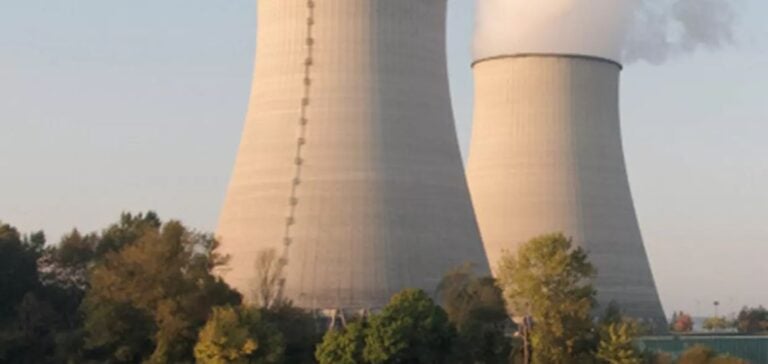EnergySolutions, a major player in nuclear waste management and plant decommissioning, has signed an agreement with Terrestrial Energy to utilize strategic sites for deploying the Integral Molten Salt Reactor (IMSR) technology. These reactors, powered by low-enriched uranium, aim to provide clean and stable energy to key industrial sectors.
Reactors tailored to industrial needs
The IMSR is a fourth-generation technology that uses molten salt as both fuel and cooling system. This innovation enables the production of both thermal and electrical energy, making it an ideal solution for infrastructures requiring continuous power supply, such as data centers or industrial facilities. The flexibility of these reactors also allows for capacity adjustments based on specific site needs.
Optimized use of nuclear sites
EnergySolutions owns several decommissioned nuclear facilities that could host these reactors. These include plants such as Kewaunee in Wisconsin and nuclear waste management sites in Clive, Utah, and Barnwell, South Carolina. Repurposing these infrastructures for decarbonized energy projects represents a key step in optimizing existing resources.
A lever for global decarbonization
As governments and companies seek solutions to reduce their carbon footprint, the IMSR stands out as an innovative technology. By producing reliable energy while lowering greenhouse gas emissions, these reactors play a crucial role in the global energy transition.





















